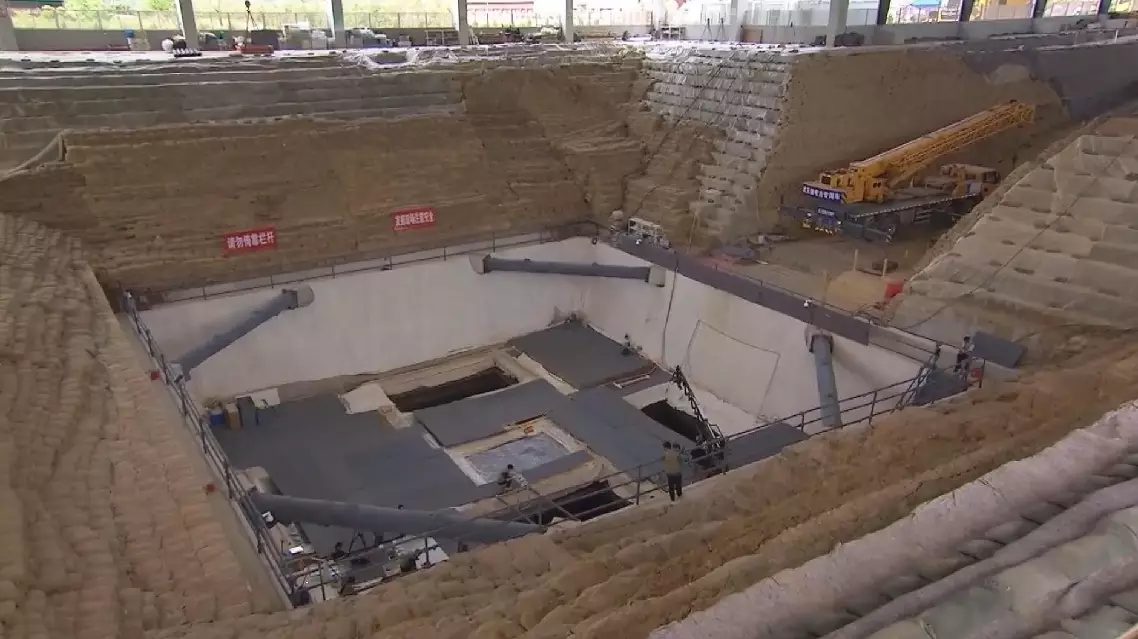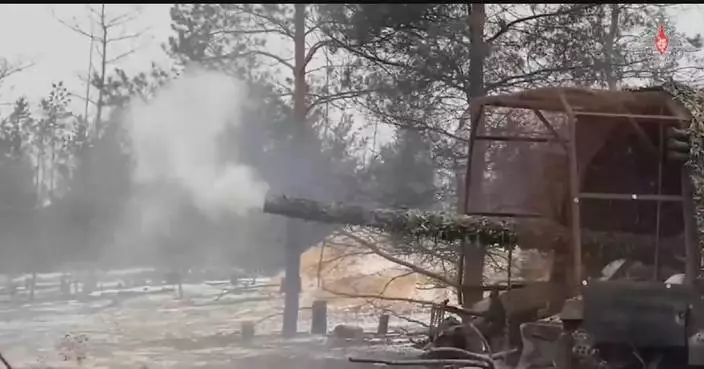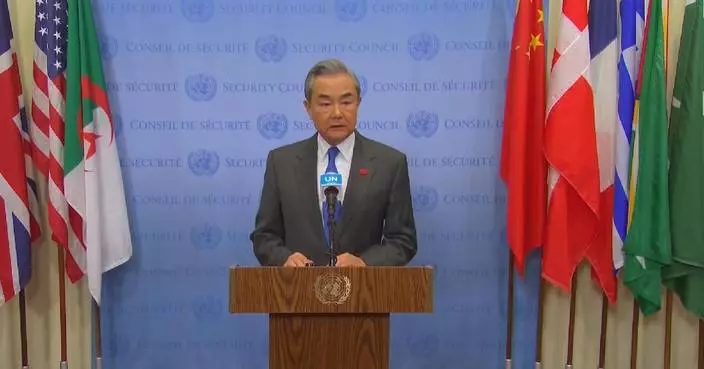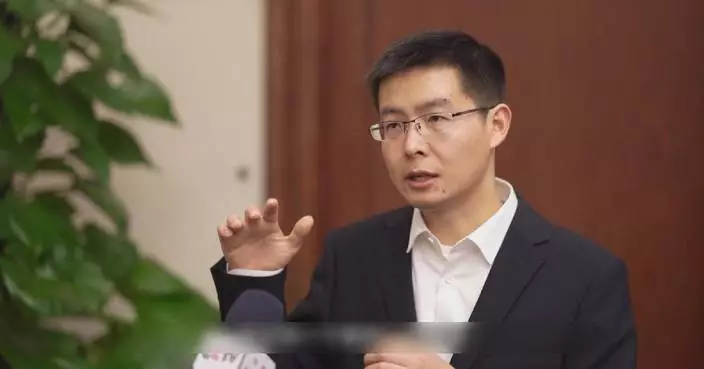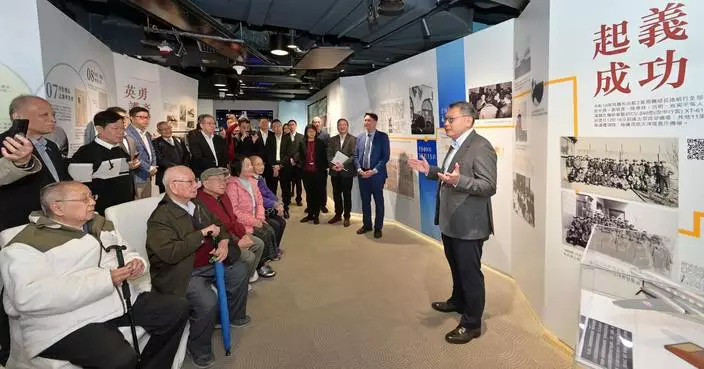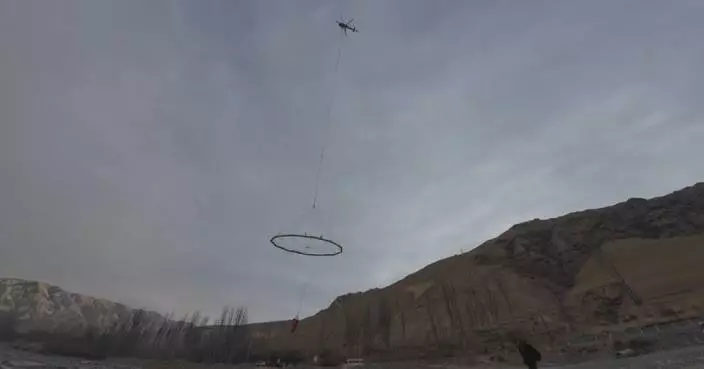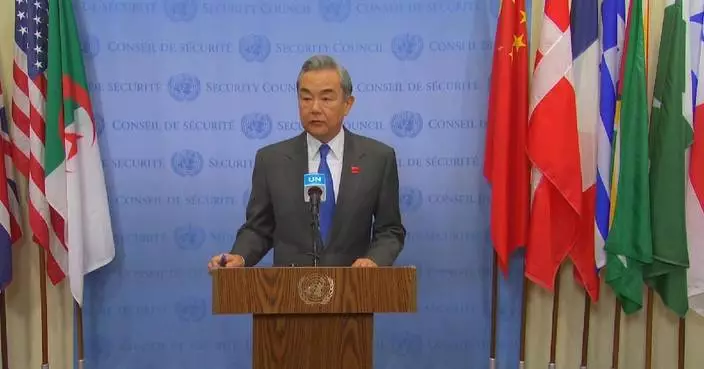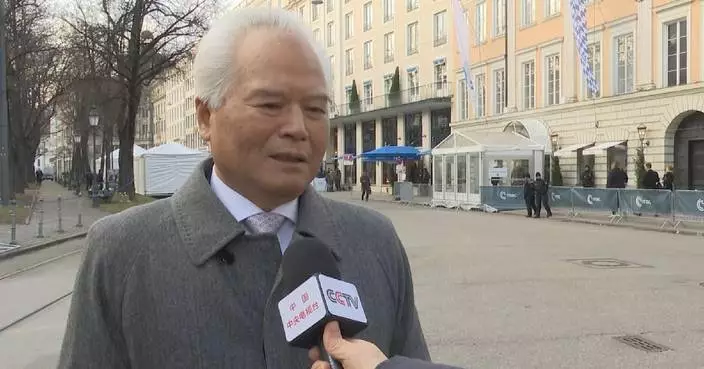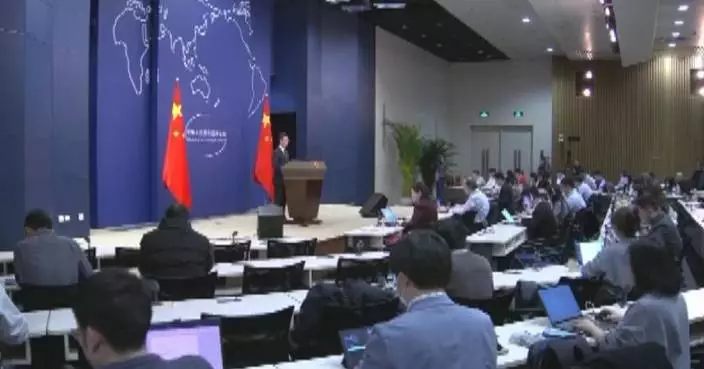Commissioner-General Philippe Lazzarini of the United Nations Relief and Works Agency for Palestine Refugees (UNRWA) on Tuesday warned of catastrophic consequences of Israel's planned ban on the operation of the agency which was scheduled to take effect on Thursday.
An Israeli law passed in October 2024 mandates an end to UNRWA's operation on Israeli land - including East Jerusalem, which Israel annexed in a move not recognized internationally - and contact with Israeli authorities from Thursday. It also bars Israeli officials from any contact with UNRWA. The move has drawn condemnation from international leaders and aid groups.
During a Tuesday briefing to ambassadors to UN in New York, Lazzarini cautioned that the Israeli legislation would threaten the lives of millions of Palestinians and risks collapsing Gaza's precarious truce.
"The agency is critical for supporting a shattered population under ceasefire. And yet in two days, our operation in the occupied Palestinian territory would be crippled, as legislation passed by the Israeli Knesset takes effect. The relentless assault on UNRWA is harming the lives and future of Palestinians across the occupied Palestinian territory. It is eroding the trust in the international community, jeopardizing prospect for peace and security," said Lazzarini.
Israel reiterated on Wednesday it would sever all ties with the UNRWA starting on Thursday, accusing the agency of employing Hamas operatives and enabling "terror activity" in Gaza.
"UNRWA is riddled with Hamas," Israeli Foreign Ministry spokesman Oren Marmorstein said on social media platform X. "Beginning Jan. 30, Israel will cease all engagement with UNRWA in accordance with Israeli law," he wrote.
UNRWA, which provides vital healthcare, education, and emergency services to millions of Palestinians, denied the allegations and said it has received no formal evidence from Israel to substantiate the claims.
The UNRWA was established in 1949 to provide critical humanitarian aid, education, and healthcare services to Palestinian refugees in the West Bank, Gaza Strip, as well as in Jordan, Syria, and Lebanon. As of Jan. 28, 2024, UNRWA operates 58 official refugee camps across Gaza and neighboring countries, supporting approximately 5.9 million registered refugees.
In addition to its refugee camps, UNRWA has established 706 schools and 140 health facilities, playing a vital role in addressing the educational and medical needs of displaced Palestinian communities.

UNRWA chief warns of catastrophic consequences of Israel's looming ban on agency

UNRWA chief warns of catastrophic consequences of Israel's looming ban on agency

UNRWA chief warns of catastrophic consequences of Israel's looming ban on agency

UNRWA chief warns of catastrophic consequences of Israel's looming ban on agency




